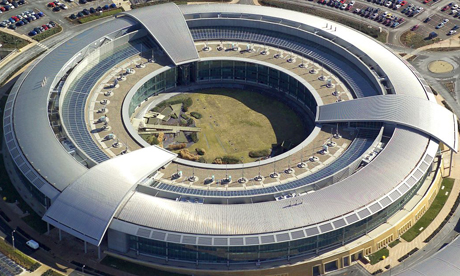Politics news allsorts
Commentary and analysis of recent UK (and Australian) UK politics news.
 Edward Snowden has released a document showing that Australia offered to share evidence about ordinary citizens with its ‘5-eyes’ surveillance partners. The document is a record of a 2008 meeting at GCHQ discussing what information can be shared. Different partners offered different categories of surveillance to be shared with their spy partners.
Edward Snowden has released a document showing that Australia offered to share evidence about ordinary citizens with its ‘5-eyes’ surveillance partners. The document is a record of a 2008 meeting at GCHQ discussing what information can be shared. Different partners offered different categories of surveillance to be shared with their spy partners.
Revealed: Australian spy agency offered to share data about ordinary citizens
Australia’s surveillance agency offered to share information collected about ordinary Australian citizens with its major intelligence partners, according to a secret 2008 document leaked by the US whistleblower Edward Snowden.
The document shows the partners discussing whether or not to share “medical, legal or religious information”, and increases concern that the agency could be operating outside its legal mandate, according to the human rights lawyer Geoffrey Robertson QC.
The Australian intelligence agency, then known as the Defence Signals Directorate (DSD), indicated it could share bulk material without some of the privacy restraints imposed by other countries, such as Canada.
“DSD can share bulk, unselected, unminimised metadata as long as there is no intent to target an Australian national,” notes from an intelligence conference say. “Unintentional collection is not viewed as a significant issue.”
The agency acknowledged that more substantial interrogation of the material would, however, require a warrant.
The editor of the Guardian Alan Rusbridger was called before the home affairs committee to defend the Guardian publishing material leaked by NSA whistleblower Edward Snowden.
David Cameron and British intelligence chiefs have accused The Guardian of damaging national security with its reporting. In November the head of MI6 told MPs Al Qaida and other terrorist groups have been “rubbing their hands with glee” over the information revealed by Snowden.
But Rusbridger insisted The Guardian had behaved responsibly and had acted carefully to protect the identities of intelligence agents. “This is not a rogue newspaper, this is a serious newspaper with long experience,” he said.
Guardian will not be intimidated over NSA leaks, Alan Rusbridger tells MPs
Rusbridger said the Guardian had been put under the kind of pressure to stop publishing stories that would have been inconceivable in other countries.
“They include prior restraint, they include a senior Whitehall official coming to see me to say: ‘There has been enough debate now’. They include asking for the destruction of our disks. They include MPs calling for the police to prosecute the editor. So there are things that are inconceivable in the US.
“I feel that some of this activity has been designed to intimidate the Guardian.”
…